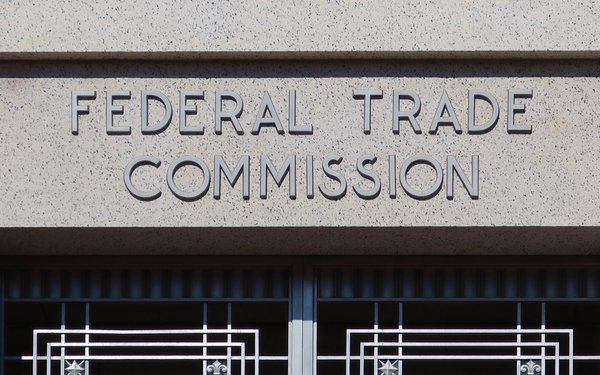
Facebook on Wednesday asked a federal judge to throw out antitrust
lawsuits stemming from the company's purchase of Instagram and WhatsApp.
“No government lawsuit similar to this one has been brought in the 130-year history of the Sherman Act, and for
good reason,” the company argues in a motion asking U.S. District Court Judge James Boasberg in Washington, D.C. to dismiss a lawsuit brought by the Federal Trade Commission in December.
Facebook adds that the FTC “has not alleged facts amounting to a plausible antitrust case.”
Facebook's papers come in response to antitrust lawsuits brought by the FTC and
attorneys general in 46 states, the District of Columbia and Guam.
The lawsuits are proceeding separately, but both center on the claim that Facebook violated laws aimed at protecting
competition by purchasing social-media service Instagram (acquired for $1 billion in 2012) and messaging service WhatsApp (bought for $19 billion in 2014).
advertisement
advertisement
“Since toppling
early rival Myspace and achieving monopoly power, Facebook has turned to playing defense through anticompetitive means,” the FTC alleged in its lawsuit. “After identifying two significant
competitive threats to its dominant position -- Instagram and WhatsApp -- Facebook moved to squelch those threats by buying the companies, reflecting CEO Mark Zuckerberg’s view, expressed in a
2008 email, that 'it is better to buy than compete.'”
Facebook said last December that the allegations were "revisionist history," noting that the FTC allowed the company to
purchase Instagram and WhatsApp. The company reiterates that point in its new legal papers.
“Remarkably, while alleging that the Instagram and WhatsApp acquisitions violate [antitrust
law], the FTC omits any mention of the fact that it carefully reviewed and cleared both acquisitions in 2012 and 2014,” Facebook argues in its motion to dismiss the FTC's complaint.
The
company adds: “The FTC wants a do-over.”
The FTC said in an August 22, 2012 letter that it closed an
investigation into Facebook's proposed purchase of Instagram. That letter includes a disclaimer stating that closing the investigation “is not to be construed as a determination that a violation
may not have occurred.”
Facebook makes several other arguments, including that the FTC's
allegations, even if proven true, wouldn't show that the company obtained a monopoly in a “relevant market” or that it has monopoly power to harm competition and consumers in that
market.
“The FTC’s one-count monopolization case against Facebook utterly ignores the reality of the dynamic, intensely competitive high-tech industry in which Facebook
operates,” the company writes.
“Virtually ignoring the relentlessly competitive business that provides Facebook with substantially all of its revenues (advertising), the FTC
purports instead to define a free 'personal social networking' user market with only the vaguest of limits.”
The company argues in a separate motion that the state attorneys general case
should be dismissed for numerous reasons, including that they waited too long to bring a lawsuit.
“Facebook would be unfairly prejudiced if the case were allowed to proceed,” the
social networking company argues. “Both the inordinate delay after the states’ claims accrued in 2012 (Instagram) and 2014 (WhatsApp), and the prejudice to Facebook if this challenge were
allowed to proceed now, after Facebook invested billions of dollars and set business strategy in reliance on the governments’ decisions, are apparent on the face of the complaint, which should
therefore be dismissed.”
The lawsuits came shortly after Democrats on the House Judiciary committee's antitrust subcommittee issued a report stating that Facebook used its “data advantage” to identify competitors and then
“acquire, copy, or kill” them.
Facebook isn't the only Silicon Valley company facing antitrust claims.
Google also is defending itself against separate separateantitrustlawsuits by state attorneys general and the federal government.